Jackie
Jackie : Movie Review
5 stars out of 5 (Masterpiece)
Director : Pablo Larrain
Writer : Noah Oppenheim
English , 2016
'Saving Private Ryan' will make you inhale the brutality of battle. Watch its trailer though and it is a wan shadow of the film. Film teasers are expressly designed to pique curiosity but they rarely have a special musical flow or an arrestingly plotted spiral of visuals. It's all chopped up thoroughly - a wham-bam thank-you-ma'am telegram pretending to represent an odyssey. But not with 'Jackie'. The scenes segue pell-mell yes, but there's always poetry, a riveting lyricism leaping across the vortex.
The trailer of this film will float proudly as the one of the most addictively, grandly spliced teasers in the history of cinema. There are very few films wherein even if you don't watch the movie, the trailer will suffice - this is one such beaut. 1963 - a beautiful young lady adjusts her haute pink dress as the crowd cheers for the queen of the king. Suddenly a gunshot punctures history while motorcycle-tyres accelerate, a shower of tears bathe the aftermath, showbiz cameras capture her grand tour of a proudly redecorated White House, a black veil caps off that promised past, landmark procession, an inspiring orchestra performance in a modern European court, another choreographed show this time sepulchral, blood-spattered cheek, red wine languorously consumed, imbrued slip undressed, cathartic outburst opposite Robert, a run into twilight with children, a confession committed to print but with its soul withheld all while cellos swiftly quiver and whale-breathe an unbearable frisson of a saga that was never meant to reach its proper consummation... the whole intro again calling to mind the mystic quiddity of 'Ship of Theseus's teaser. Eight-five scenes edited as only a maestro can.
Noah Oppenheim's sharply insightful script, peppered with memorable dialogues and buoyed by judicious injections of wit to perk up the sepulchral proceedings, is the strong launching board from which director Pablo Larrain deep-dives to essay a powerful odyssey of terminated ambition. The real-life story is one of twentieth century's most damning ones of personal apocalypse, all the more so because it reeked of vast systemic rot. President John F Kennedy of U.S.A, two years into his leadership in 1963, was assassinated by a sniper's bullet that tore through his brain as his open-top motorcade was passing through the crowds in Dallas, Texas. His exploded skull and floridly wounded head then lay on the lap of his wife Jacqueline Kennedy as the car proceeded to the hospital. The film, true to its name, focuses on her in the fresh aftermath of the incident.
Director Larrain is splendidly assisted in this haunting autopsy by two other story-tellers. Twenty-nine year old Mica Levi weaves brooding voluptuous magic with orchestral notes, composed inseparably into the movie's fibre. Larrain does not hesitate to dial up her music - the very first frames of Jackie walking in twilight, breathe in broad haunting strokes of decrescendo cello. Ms.Levi harvests that formidable instrument with key contributions of flute, powerfully, languidly and judiciously, with endlessly inventive variations. Days of Heaven", "I am Love" and now this film open another vital chapter of the textbook on how to use orchestra in film.
Frame after frame is simply beautiful to watch, an earth-bound heaven in pastel, with immaculately composed canvases by cinematographer Stephane Fontaine (cf. similar soft-tone beauty in his 'Elle' the same year). The White House interiors are ravishingly beautiful, covered smoothly in flowing takes as Jackie walks through it, the glowing expanses of white tastefully accentuated by elegant classical furniture. Exterior shots of the Port Hyannis mansion are exquisite in showing Massachussets countryside in autumn tranquility, and so also the the postcard-worthy vistas of trees and lake as Jackie confides in a priest.
An interview of the title character with a journalist a few days after the incident, is the scaffolding around and through which the assassination's aftermath for Jackie unfolds. It stars softly with the White House televised tour which underscores her emphasis on beauty, arts and presentation, then harks back to the infernal event in Dallas, through to her stunned blood-smeared self travelling with the body back to Washington after the autopsy as she races to grandly memorialize the funeral procession with elaborate arrangements. She insists on walking during the procession, rather than riding securely in a car, thus having to fight and evoke the ire of security officers who fear another assassination attempt. Why did she opt for this daring choice, and did she truly not remember the moments of the Dallas assassination due to shock ? The movie artfully reveals the answers. Seventy-seven year old John Hurt's last performance before his death as the priest in whom Jackie seeks relief, is a beautifully modulated one. He does not have all the answers but the simplicity in his words is a calming balm.
Billy Crudup is terrific as the journalist who comes to interview the title character. His personality and voice as channelled here, is a throw-back to the Hollywood of the 1940s and 50s. The handsome textured face sports a knowing sly wit a la Sean Connery. The voice is baritone gold - oaked rich like full-barrelled but very smoothly blended scotch. The Jacqueline Kennedy we see here might have dominated a lesser man, but Crudup's journalist stands his ground, gently jousting with her, taking some censure for his cheekiness, being tied down when she shamelessly edits out the juicy unsavoury parts and yet very subtly holding the upper hand with a sly blend of judicious flattery and authoritative perspective.
When you eye a beautiful lady too intently, she will often play tough to get and may even wilfully move away from your most artful advances and give the prize away to someone else. And so it is with 'Jackie's Natalie Portman and the Oscar for Best Actress. Even before the movie's release, when the film's trailers started weaving their hypnotic spell, viewers and pundits alike twittered all over that the Oscar would be Portman's this time. After watching the film, it's even tougher to argue with that. But the Oscars, adept at embodying everything from bravura trophy to capricious whore to just another overpriced political ticket, gave the Best Actress award to 'La La Land's Emma Stone, whose admittedly excellent performance is not in the league of Portman's slyly complex tour de force.
Portman is indistinguishable from the persona she essays, a magnificent internalization that acting dreams are made of. Just like the real-life Jacqueline Kennedy, she's a bit stiff and formal while speaking publicly, and more direct and natural in private. Her hair is styled up into a bouffant, her wardrobe tres fashionable, the voice drawn out in a Southern affected drawl, and Portman's natural beauty matches the latter's prettiness. Jacqueline Kennedy had emerged as the most glamorous and adored First Lady the Americans ever had, a fashion icon even in the campaign days when her presence made her husband's popularity doubly soar, going on to splendidly redecorate the White House, and hosting glittering art events not witnessed before. But President John F Kennedy was a promiscuous man and his wife would have had to live with this ritual humiliation. When he died, how much of her grief was due to the loss of a beloved husband and what part due to the abrupt shortening of her legacy as an adored queen ? We see that Jacqueline is genuinely devastated, floating in and out of a fugue state even as she relentlessly battles to keep up appearances. It is in her interview with the journalist that we sense what truly was going in her mind.
Even before she's brusquely invited him past the house's threshold, the first question she asks is "Have you read what they have been reading?". A few moments later, she informs him squarely that the final cut of her interview is subject to her editing. Only then does he step foot inside - a testament to the primacy she accorded to appearances and perception above all else. "Thank God I was with him", she says of the Dallas shooting, prompting speculation whether she feared missing out on being the cynosure had she been elsewhere. When she utters the word "beauty" to him however, she mouths the word with sublime delicacy, as if a person were gently cradling a supreme diamond in hand. On Air Force One, hours after the shooting, her voice like a little lost girl's, she talks about wanting Irish cadets for the funeral, thus eliciting not only sympathy for her piteous state but also a wry nod to her up-to-speed planning for appearances after the tragedy.
We see her in the famous televised White House tour in a performance that is a hammy send-up, a schoolgirl slowly but carefully drawing out the beauties of her elocution. Contrast that with the haute-couture cigarette-brandishing prima donna coolly imposing her hawk-like manipulation on what the journalist can and cannot write down. There's again that twinge of sympathy as the lens quietly watches her last days in the white house, smoking in her beautiful bed, silently sashaying in and out of elegant rooms, celebrating her daughter's sixth birthday as a low-key event in the White House (and her last one in it) five days after Kennedy's death, and langorously enjoying her last supper in the stately dining room. She blazes in anger at Robert when he conceals something from her, but even she mouths her salvos shimmying closer to him and then receding, there is something attractive in her enraged vulnerability.
Larrain deliberately leaves out material that reduces focus on the central track. The widely alleged JFK assassinaton conspiracy by the military-industrial complex is jettisoned, save for a fleeting faint echo. When Lyndon Johnson is sworn in as President hours after the shooting with a shaken Jackie by his side and hand-shakes are given soon, the flash of a camera makes her recoil as if she has also been shot and killed in this whole hellish affair. She sees Johnson shaking an aide's hand with both palms, like a subtle symbol of conniving. Jacqueline's surname changed to Onassis after she married a Greek shipping tycoon who indulged multiple romantic dalliances, at least one of which continued after his marriage to Jacqueline. Apparently, considerations of wealth were more important to her than having a faithful husband but her future life is left out here, understandably for reasons of focus. Neverthless, when there is a moment of genuine pathos where she softly laments to the priest "I for one remember that there was more to our marriage vows", I heard an extra unsaid line - " And I'm afraid, Father, that I will again marry a man who will break these vows".
No matter where one looks in the supporting acts, there's a bull's eye scored. Greta Gerwig is marvellously supportive in embodying Nancy Tuckerman as the loving elder sister-like figure for Jackie. Their intimacy is stunningly tender, as when Jackie asks through tears, "Where will you go now?", and Nancy replies that she's not going anywhere, and they both gently laugh with their faces close. Richard E. Grant breathes statuesque shades of sangfroid and has an unshakeably soft voice as the Kennedy confidante. Peter Sarsgaard is born to play pained, conflicted visages and he is perfect here as Robert Kennedy. Larrain does not bother to wring tears out of melodramatic scenes with children - he just focuses close-up at the uncomprehending serious face and tiny figure of Kennedy's five year-old daughter to rustle up a shot of indescribable tenderness. Even when a single word is not spoken, just look at the face of Caspar Phillipson and be blown away by John F. Kennedy coming to life.
Director Pablo Larrain's Hollywood debut is thus a staggering achievement, his first foray in English after a succession of critically acclaimed Chilean films, with flawless work evident in all departments here, and shot through with a level of inspiration and hypnotic focus that is beyond all but the most gifted film-makers. Larrain made me remember Zemeckis, Spielberg and Kubrick. The great Roger Ebert introduced me to "I am Love" in 2009 ; he is physically gone now and in his absence it took me all the way till 2017 before I was able to find another work of beauty, sadness and elegance that is rendered to the level of genius.
=================================================
Post Script :
Companion Film to "Jackie" : "JFK". Although 'JFK' helmed by Oliver Stone is thematically different to 'Jackie' , both films complete the yin-yang masterly coverage of the couple's fate on Nov. 22 1963. That day was the darkest of the second half of America's twentieth century and these two films compendiate the ethos of it like few other documents can.
UPN
UPNWORLD

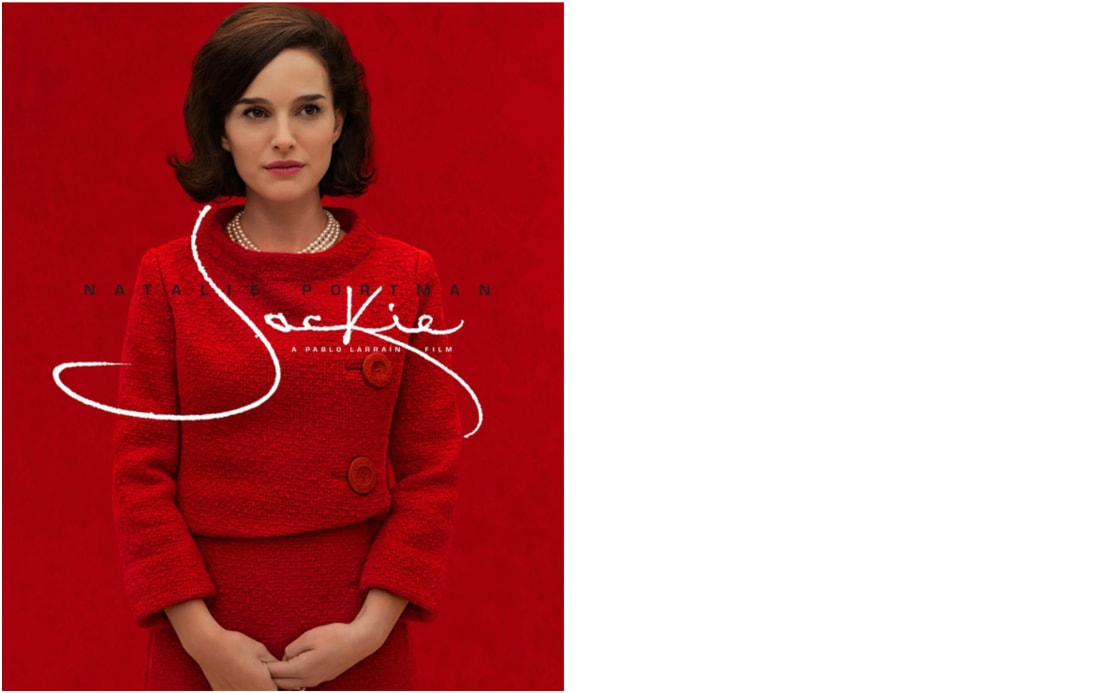
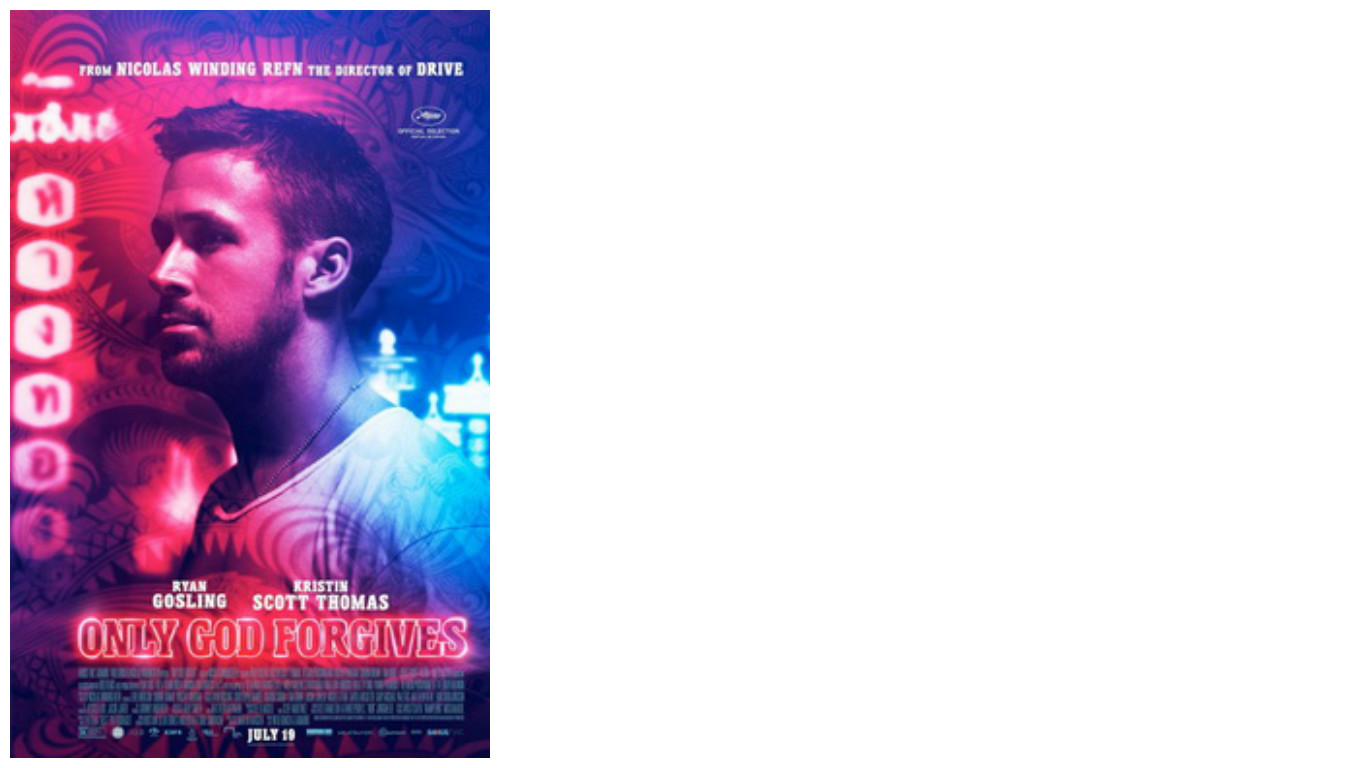
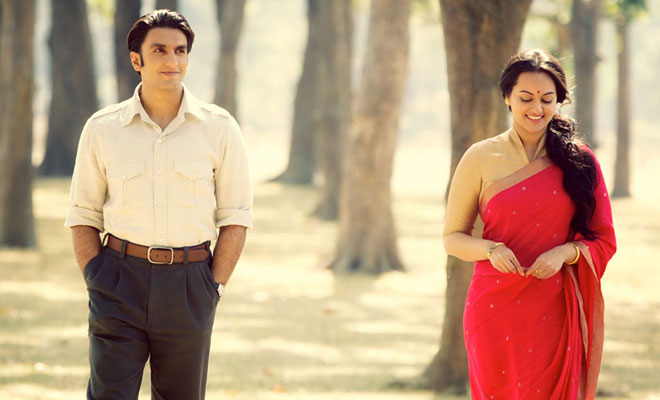

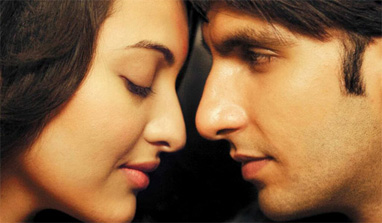 [...]
[...]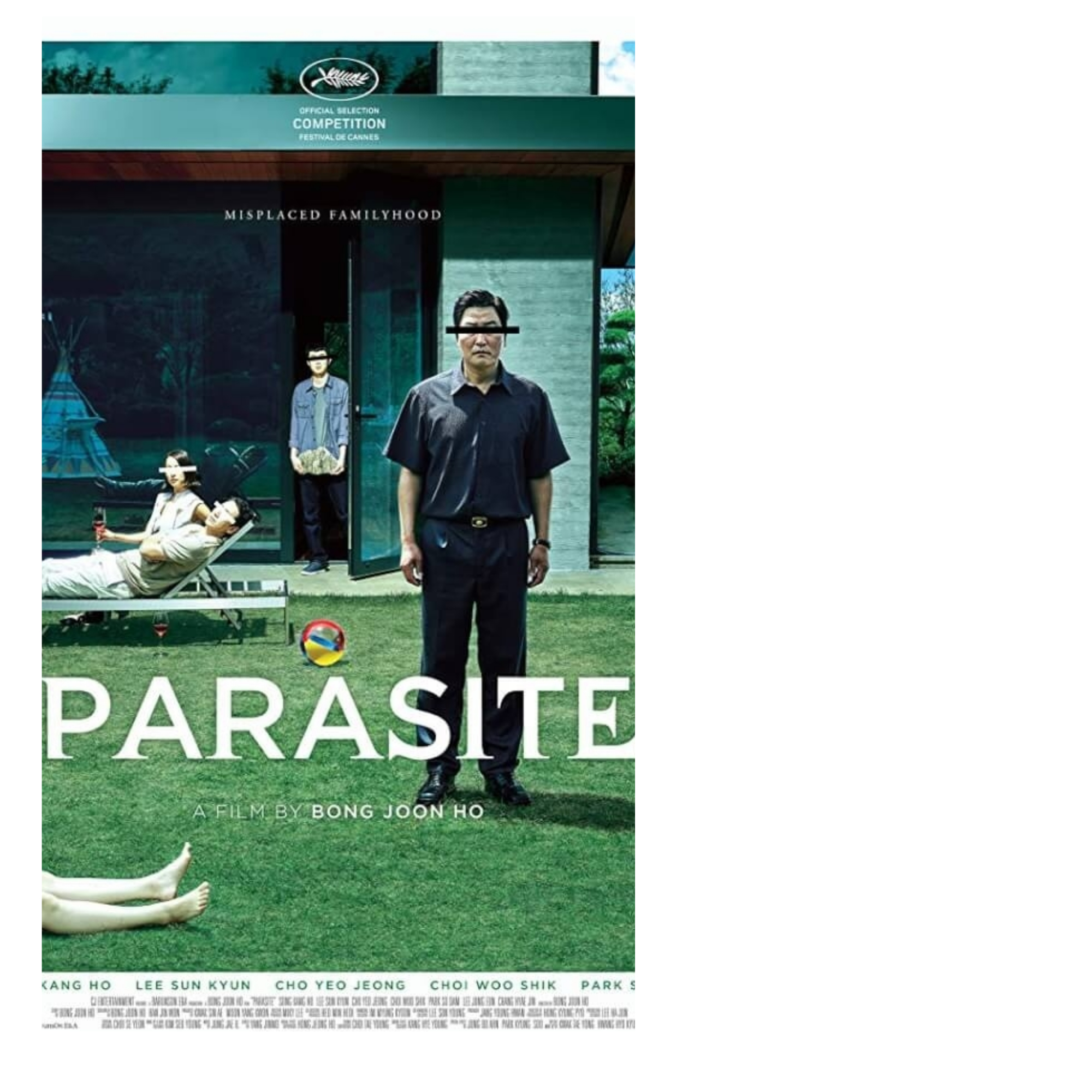





0 COMMENTS
WRITE COMMENT